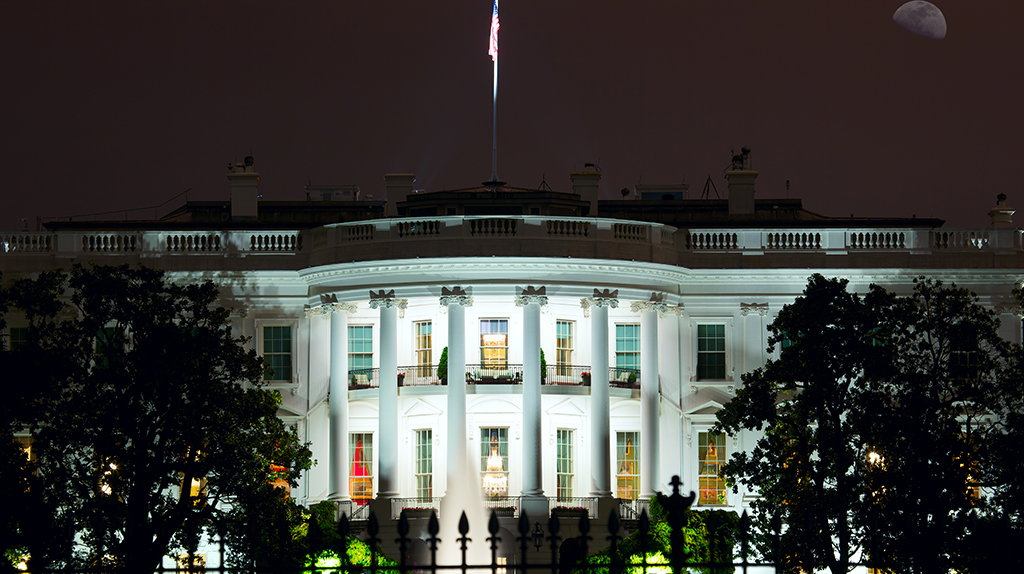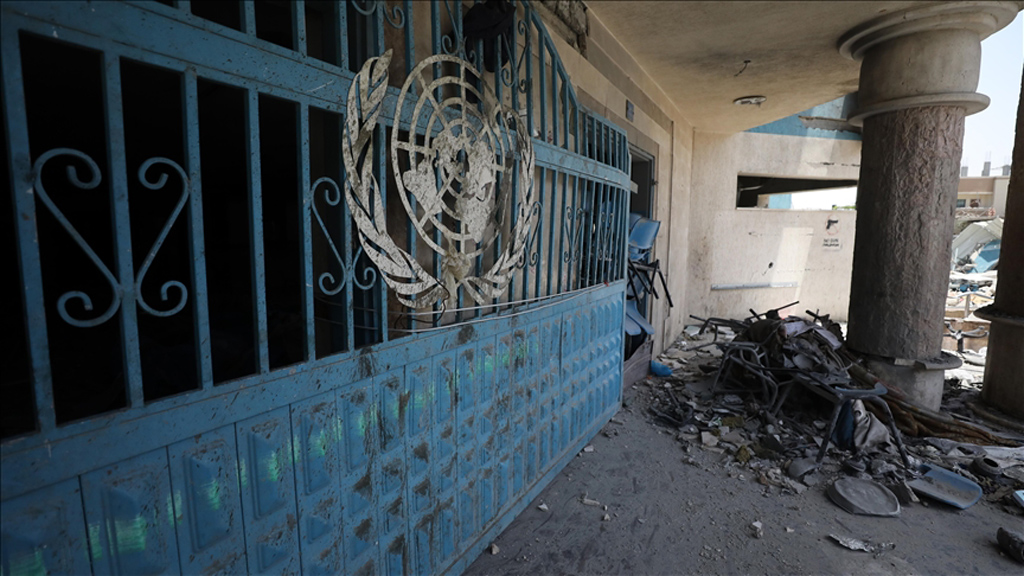The game of parliamentary politics is like three-dimensional chess as there are countless variables and hardly anything goes as planned.
In the wake of the June 7 parliamentary elections, the Nationalist Movement Party (MHP) had become a key player in Turkish politics. Over the following weeks, MHP Chairman Devlet Bahçeli's misguided strategy took a heavy toll on the party. Although the MHP was able to create deadlock, the entire episode did more harm than good.
Let us go back a little. On election night, Bahçeli told an MHP crowd in Ankara that his party had no interest in joining a coalition government while urging the Justice and Development Party (AK Party), Republican People's Party (CHP) and Peoples' Democratic Party (HDP) to come up with a solution. Presumably thinking that the MHP's interests would be better served by avoiding an ill-fated coalition government, he turned down offers from the AK Party and CHP. Let's just say that the game did not play out on his terms. At this point, a large number of voters, including members of his own party, blame him for the failed coalition talks.
Alienating the HDP has been another priority for the MHP leadership, which is why they were quick to target the party after the elections and made it impossible for the others to negotiate with HDP Co-Chair Selahattin Demirtaş and his colleagues. Although the MHP strategy appeared successful at first, the ultimate failure to form a coalition government by the constitutionally mandated deadline handed three Cabinet seats to the HDP. Even with the HDP in government, Bahçeli was not too concerned. Accusing the AK Party of forming a coalition with the PKK's political wing would have added to his party's firepower on the campaign trail. Then Prime Minister Ahmet Davutoğlu pulled a rabbit out of his hat by persuading Tuğrul Türkeş, a MHP deputy chairman and MHP founder Alparslan Türkeş's son, to join the caretaker government and make the claim obsolete.
Türkeş's decision to join the caretaker government sent shockwaves through the party since the move was much more than a politician's desire to move up in his career. Instead, Türkeş made it clear that some prominent figures in the MHP leadership were unhappy with Bahçeli's ways. For weeks, the party's leaders were unable to explain to an enthusiastic base why they were so vehemently opposed to the idea of working with the AK Party. As such, Türkeş dealt a heavy blow to the MHP-imposed parliamentary deadlock. In the end, Bahçeli's dangerous gambit proved quite costly to his own party. In an effort to prevent lower-ranking MHP officials from starting a rebellion, Bahçeli issued a strongly worded statement and petitioned the party's ethics committee to terminate Türkeş's membership.
There is no doubt that the MHP leadership will continue to accuse Türkeş of treason to the party and country. Likewise, he will target Davutoğlu, who thanked Türkeş on Thursday and argued that "history will remember the naysayers." At this point it would appear that the tension between the AK Party and the MHP will grow. What nationalism means will be a hotly debated issue and the MHP will assume an increasingly emotional and reactionary language.
The following, however, is even more important. Having accomplished absolutely nothing since the parliamentary elections, the MHP faces serious challenges. The leadership thought that joining the coalition government would have hurt the movement, but, in the end, their votes are at greater risk than ever. It remains to be seen whether disenchanted MHP voters will side with the AK Party or the CHP. Such is the game of politics. Sometimes you just aim too high.
[Daily Sabah, August 31, 2015]









